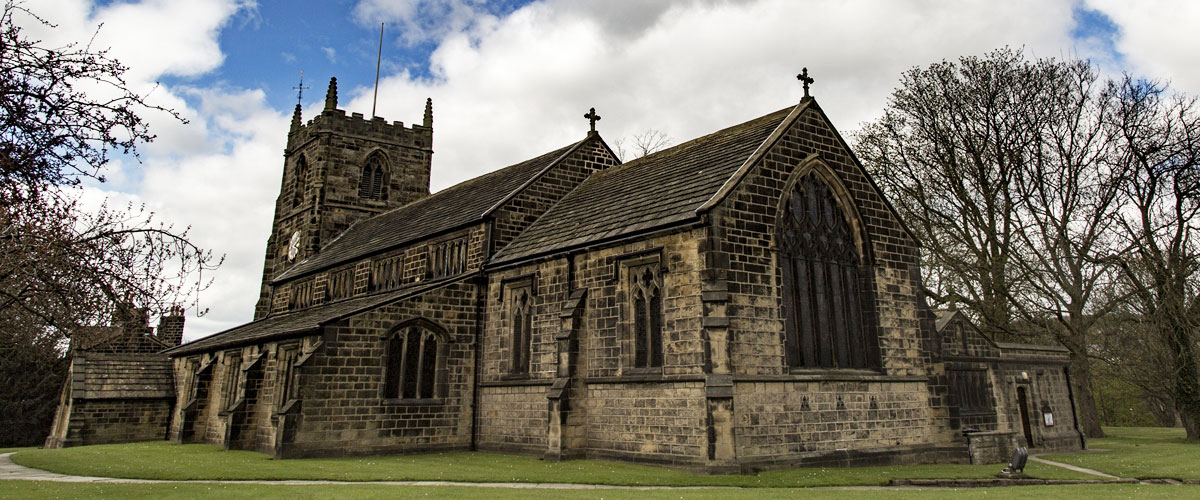I have met people who have a sincere belief that we no longer need apostles in the church today. Sometimes this is because they have seen some of the terrible abuses done by those who call themselves apostles and have therefore rejected the entire concept of an apostle. This is not a wise position to take, because there have always been false apostles.
The church must reject false apostles but cannot reject the concept of modern apostles simply because some abuse this grace
From the very birth of the church, there were men who illegitimately raised themselves up to be apostles. Paul had to contend with them in Corinth (2 Corinthians 11:13), and even had to argue with the Corinthians that he was the legitimate thing because they were rejecting him and accepting the false apostles. In fact, the churches were commended in the New Testament for testing those who claimed to be apostles but were not (Revelation 2:2). The church must reject false apostles, but cannot reject the concept of modern apostles simply because some abuse this grace or present themselves as being legitimate when in fact they are not. In the first century, the false apostles did not change the fact that God had ordained some to be genuine apostles. Today, churches are still responsible for determining the true from the false.
One of the theological positions punted to try and show that there can be no modern apostles comes out of a misunderstanding of the different kinds of apostles seen in the New Testament. The argument goes that true apostles must be “witnesses of the risen Christ.” This comes from when the early apostles, who had walked with Jesus, needed to replace Judas after he had died (Acts 1:21-22). Peter says, “..it is necessary that of the men who have accompanied us all the time that the Lord Jesus went in and out among us – beginning with the baptism of John until the day that he was taken up from us – one of these must become a witness with us of his resurrection.”
What Qualifies An Apostle?
At first glance, it seems that true apostles must meet the following criteria:
1) They must be chosen out of the group of disciples who followed Jesus from His baptism by John until His resurrection.
2) They must have consistently sat under Christ’s teaching, ministry and life.
3) Apostles had to be “eye witnesses” (Acts 10:38-41), which makes it seem that true apostles could only be chosen out of a very small band of disciples.
Let’s examine how the apostle Paul would measure up to this definition. He would have to be excluded from the ranks of the true apostles because he did not know Jesus, or accompany him from the baptism of John until the day of his resurrection. Paul was a witness of the risen Christ (1 Corinthians 15:8), but he could never testify, as the other apostles could, about the life and ministry of Jesus. Clearly, therefore, Paul was some other kind of apostle. Indeed, Paul says of himself that he was “one untimely born”, which means that he was born differently or in an unnatural way into the apostolic ministry. Paul could never be like the other twelve because he was not an eye-witness of the life of Christ. The qualifications laid out for Judas’ replacement to be a genuine apostle are therefore not prescriptive upon all apostles, but only the one who had to replace Judas.
These first twelve apostles were unique amongst all apostles in that they were called to be witnesses of all that Jesus said and did
These first twelve apostles were unique amongst all apostles in that they were called to be witnesses of all that Jesus said and did while He walked on the earth. There can never be another apostle like them. However, we do begin to see another kind of apostle emerging, with Paul being something of a hybrid between the early twelve and the many who would come after him.
Different Kinds of Apostles
It wasn’t long before other apostles emerged who were regarded as authentic and accepted by the early church as being vital for her future health. None of these apostles were “eye-witnesses” of Christ’s life or resurrection. They simply emerged within the churches and were recognised as being graced uniquely to function as apostles within the churches. They worked closely with elders – planting churches, ordaining new elders and working in teams into the churches of the New Testament. They brought correction, rebuke and encouragement. They were active in guarding the churches against false doctrines, helping the churches process difficult cases and exhorting the churches onwards in Christ.
These apostles included men like Barnabas, who is called an apostle in Acts 14:4 and verse 14 in the same chapter. Barnabas only became a Christian after Jesus had returned to the Father, and the first time that we see him emerge within the disciples is in Acts 4:36. It is probable that he became a believer either on the day of Pentecost or soon afterwards through the church’s missionary zeal. Clearly he does not fit the qualifications that Peter called for in the book of Acts. Nevertheless he is called “an apostle” by the Holy Spirit, in the holy text. Therefore, to claim that all apostles must have been with Jesus from His baptism and been a witness of His resurrection falls short.
None of these fit the prescriptions given by Peter in the book of Acts, yet all of them are called apostles
Clearly Barnabas is a different kind of apostle to the early twelve. Barnabas is not an “eyewitness apostle” but is sent as one and serves as a prominent apostolic leader within the early churches. Barnabas is not alone, because we soon see others like Andronicus and Junias (Romans 16:7), Silas and Timothy (1 Thessalonians 2:6, 1:1), James the brother of Jesus (Galatians 1:19), Apollos (1 Corinthians 4:6,9) and Epaphroditus (Philippians 2:25), who are all called “apostles” by the Holy Spirit in the Bible. None of these fit the prescriptions given by Peter in the book of Acts, yet all of them are called apostles and are accepted as being legitimate ministries, vital for the ongoing health and growth of the churches.
The Vital Role of the Modern-Day Apostle
So we learn that there are different kinds of apostles. We see the early eleven, along with Matthias, whose apostolic role was to be eye-witnesses of Christ. Then we see another kind of apostle emerging – Paul, who did see Christ resurrected, but whose primary apostolic mandate was that he was given the understanding of grace, of Gentile salvation and of the Christian church and how she should function (Ephesians 3).
Then we see another kind of apostle emerging – those who were not eyewitnesses of anything Christ did but who worked into the churches, building upon the foundations of the twelve and Paul to ensure that the buildings of the church would grow strong and healthy.
..until we are all “joined and held together, with each part working properly in love”, we will still need apostles!
The Bible is clear (Ephesians 4:11-16) that as long as there are “saints to be equipped” and the work of “building up the body of Christ”, until we are all “joined and held together, with each part working properly in love”, we will still need apostles!
Until Christ returns to the earth, we will continue to see apostles being raised up, along with all the other Ephesians 4 gifts. Churches in this generation would be wise to take heed and to connect with authentic apostles while rejecting those who are false. In this way, the body of Christ can display all the wonderful things that God intended her to be.











